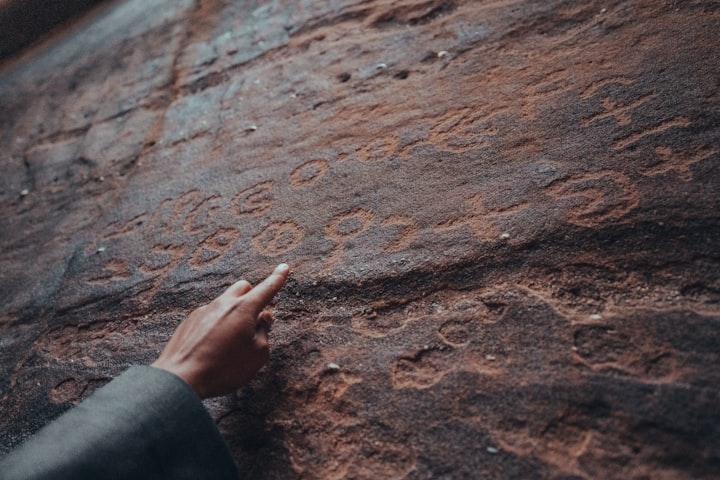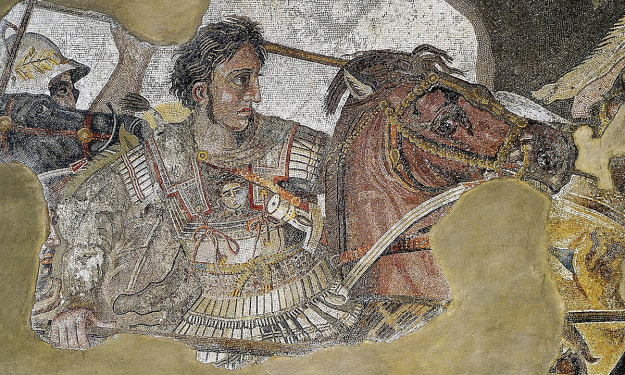The History British Empire
The ups and downs of British Empire

1. Early Exploration and Colonization (16th to 17th centuries): The British Empire's foundation can be traced back to the establishment of colonies in North America, such as Jamestown in Virginia. During this period, explorers like Sir Francis Drake and Sir Walter Raleigh played crucial roles in establishing British presence in the New World.
2. Expansion in India and Asia (17th to 18th centuries): The British East India Company gained control over territories in India, gradually expanding its influence through trade and alliances. The British also established trading posts and colonies in various parts of Asia, including Singapore and Hong Kong.
3. Imperialism in Africa and Oceania (19th century): The 19th century saw a significant expansion of the British Empire in Africa and the Pacific. British explorers, missionaries, and traders ventured into Africa, leading to the establishment of colonies and protectorates. The colonization of Australia and New Zealand also took place during this time.
4. The "Scramble for Africa" and Global Dominance (late 19th century): The British Empire was at its zenith during the late 19th century. The "Scramble for Africa" resulted in the acquisition of numerous African colonies. Britain also continued to expand its territorial holdings in Asia, with control over territories like Burma and Malaya.
5. World Wars and Decolonization (20th century): The two World Wars had a profound impact on the British Empire. The economic strain of the wars, along with rising calls for self-determination and independence, led to the gradual process of decolonization. Many former colonies gained their independence after World War II, and by the mid-20th century, the British Empire had largely transformed into the British Commonwealth—a voluntary association of independent states.
6. End of Empire and Modern Legacy: The process of decolonization accelerated in the 20th century, and many former colonies became independent nations. The Suez Crisis of 1956 marked a significant blow to Britain's international standing. The British Empire officially came to an end with the handover of Hong Kong to China in 1997. However, the legacy of the empire continues to influence global politics, culture, and economics.
The history of the British Empire is a nuanced and debated topic, considering both its positive contributions (such as the spread of the English language, legal systems, and infrastructure) and its negative aspects (such as colonization, exploitation, and cultural imperialism). It's important to explore this history from multiple perspectives to gain a comprehensive understanding of its impact on the world.
The history of the British monarchy, specifically the history of British queens, is a rich and storied one. Here are some key queens in British history:
1. Queen Elizabeth I (1533-1603): Elizabeth I, daughter of King Henry VIII and Anne Boleyn, is one of the most iconic monarchs in British history. Her reign, known as the Elizabethan era, marked a period of cultural flourishing, including the works of William Shakespeare. She never married and was known as the "Virgin Queen." Her reign saw England's victory over the Spanish Armada in 1588.
2. Queen Victoria (1819-1901): Queen Victoria's reign, known as the Victorian era, was the longest of any British monarch. She ascended to the throne in 1837 and played a significant role in shaping the modern British monarchy. Her marriage to Prince Albert, a union of love and partnership, had a profound influence on the monarchy and family life. The British Empire expanded significantly during her reign.
3. Queen Elizabeth II (born 1926): The current reigning monarch, Queen Elizabeth II, became queen in 1952 after the death of her father, King George VI. Her reign has seen enormous changes in Britain and the world, including the decline of the British Empire and the transformation of the monarchy into a more symbolic and representative institution. Queen Elizabeth II has been a stabilizing and unifying figure throughout her long reign.
These queens are just a few examples of the significant women who have played key roles in British history. The British monarchy has a complex history with moments of power, influence, and cultural impact, as well as periods of challenge and change. The role of queens in British history reflects the broader evolution of gender roles, society, and governance over time.





Comments
There are no comments for this story
Be the first to respond and start the conversation.